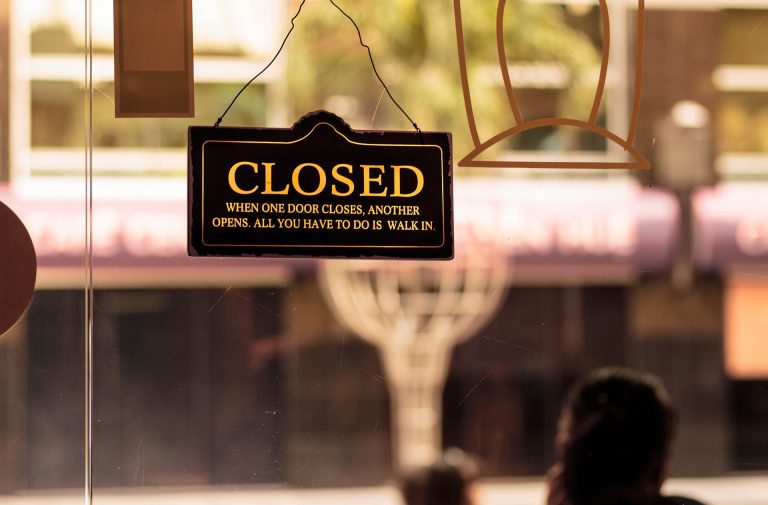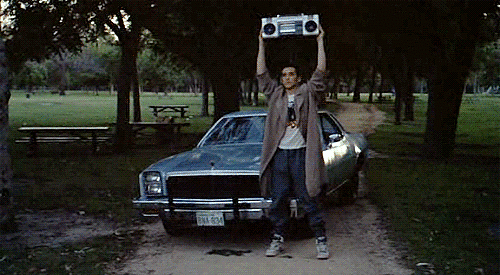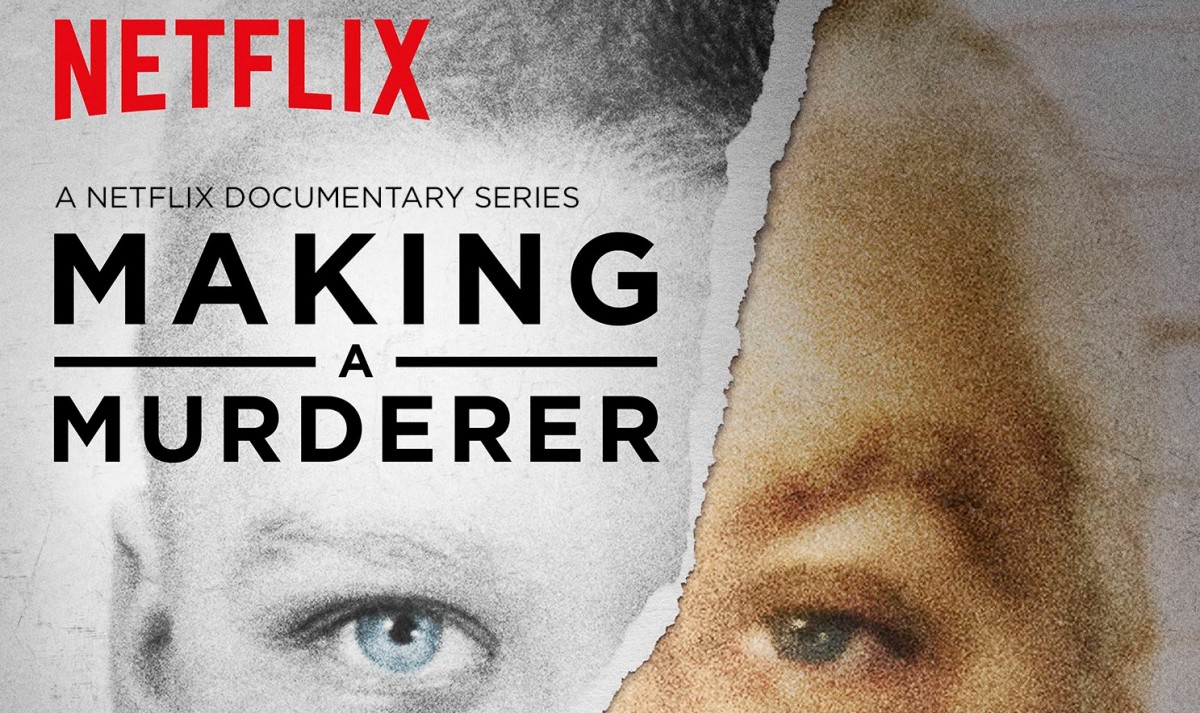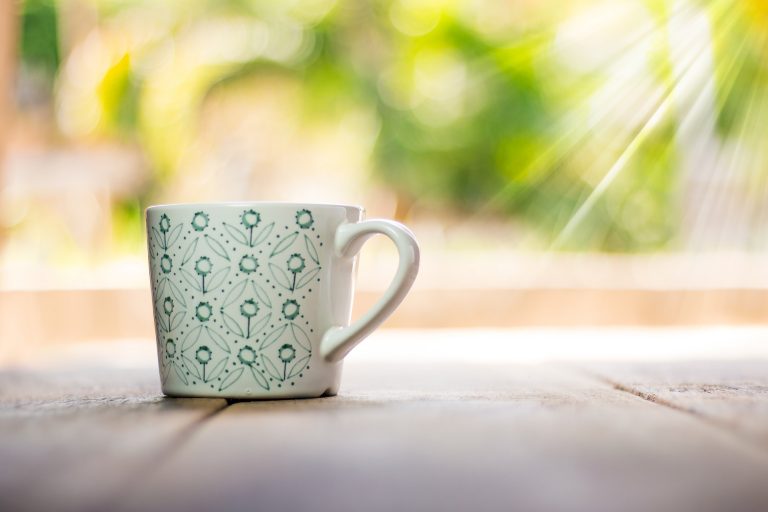Diagnosed, but not Defined : I Have Diabetes Type 2
 Exactly one month ago, something big changed my life—and not in the Ed McMahon-showing-up-on-my-doorstep kind of way. After a few months of random symptoms that seemed unrelated, I was diagnosed with diabetes.
Exactly one month ago, something big changed my life—and not in the Ed McMahon-showing-up-on-my-doorstep kind of way. After a few months of random symptoms that seemed unrelated, I was diagnosed with diabetes.
Yup. Diabetes. To say it was a shock is putting it mildly.
For months, I’ve been feeling out of sorts but it never occurred to me to put it all together. Once you do, I start to look like the poster-child for the diabetes checklist of things to watch for. I was crazy thirsty all the time, which of course meant I was getting up 4 and 5 times a night to go to the bathroom. (Check.) My vision was getting blurry. (Double check.) I was having leg cramps constantly. I was tired, all the time. Sometimes bone-weary tired, but I was also doing a lot and I’d gotten over a particularly nasty virus end of last year, so I chocked that up to getting older. I was losing weight, a lot of it and I’d stopped trying to lose weight months ago. (After losing 30 pounds being on Nutrisystem for a year, I was taking a break.) Check, check, check.
Then I started shedding hair.
Handfuls each day. And of course, this is the red flag any self-respecting woman pays attention to. 😉 After realizing I’d lost about 50% of the hair on my head, I made an appointment to see the doctor. A few blood tests later, I was on my way to the emergency room. My blood sugar levels were “through the roof” and I needed to be stabilized. My doctor mentioned the word: Diabetes.
Of course I knew of the disease. My friend, Brenda Novak runs an incredible annual auction dedicated to raising money to find a cure, and I’ve participated and helped with the auction for years.
I arrived at the ER, and they immediately put me on an IV and started taking more blood. I was given insulin. The nurse told me my body was producing barely any insulin. They had done tests to gauge my blood sugars over three months, called an A1C test. Again, my numbers were almost literally off the chart at 13.5. This was bad. Normal blood sugar range before a meal (called the fasting number) is 70-130. I was 525. The shock on the nurses’ faces each time they looked me and said, “You really feel okay?” was enough to tell my husband and me how serious this was.
I had diabetes.
I have no history of diabetes in my family. And my symptoms—the ones I didn’t recognize—came on with a vengeance within the last few months. I was fine, and then suddenly I wasn’t. It meant a life-altering change. This wasn’t going away.
The paperwork they first sent me home with said Type 1, but they’ve since diagnosed me with Type 2. I do produce some insulin, just not enough and my tests for the antibodies that attack the beta cells for Type 1 came back negative. And after some intense googling sessions on this disease and trying to come to terms with what my life would be like, I’ve come to a few conclusions.
Diabetes, no matter what kind you have, sucks.
There’s a pretty intense “blame game” around for those who have Type 2. You caused it yourself. You ate too much sugar. Watched too much TV. You didn’t take care of yourself. Well, I can (or could) enjoy a donut and weekend-TV-show binge watch with the best of them—many of whom do not have diabetes, so if that was the cause and the only cause, how does that explain those folks who lived a life like mine and never get it? Or the people who are lean and active and do get diabetes 2? Halle Berry, for example. I’ve come to realize, through my own process of acceptance that it isn’t just a simple “you did this” explanation. My choices in diet and exercise (or lack thereof) have made my body more susceptible, but that isn’t all there is to it.
When you’re trying to come to terms with the fact that you have a disease that kills people, being told that it’s “all your fault” isn’t helpful.
This disease is hard enough to come to terms with. I’ve been so lucky in the support of my family and friends. They’ve been amazing, and they’ve done their own homework so they can understand what I’m dealing with. It isn’t all my fault (or yours). This is a complex disease. There are plenty of reports out there that talk about genetics, environment, and yes, absolutely lifestyle is a big part of it. Lifestyle means more than food selections, it means exercise, stress levels, sleep. There is so much I could have, should have, would have done differently had I a crystal ball. Would that have changed things? Who knows. I did lose 30 pounds in the last two years, I did make major changes to my habits and diabetes still showed up. (I tend to believe that a nasty virus I couldn’t kick end of last year was the trigger, but it’s impossible to know for sure.) The basic fact now and going forward is that my body cannot process carbohydrates as well as it should — and that isn’t just about candy bars and ice cream. It means whole grain breads, it means fruits, it means dairy products — all of the carbs I took for granted as being healthy need to be measured strictly. I am working hard to get my blood sugar numbers to an even level with few spikes. Over this past month, I’ve had come to terms with a lot. I am diabetic. I am insulin-dependent. I will always need to be aware of the potential complications of this disease if it gets out of control.
I have to live a different life.
I’ve also come to realize that being diagnosed isn’t going to define me.
It has changed me, certainly. It has to. It’s easy to take our health for granted, when we feel fine. When the effects of what we do, from eating to sleep habits to stress, to our bodies doesn’t show yet. But once your “free and clear” health is taken away from you, it dramatically changes how you think. It did for me.
I’m not going to let assumptions about this disease define me, either. What it has done is help me to put an emphasis on myself that I was lacking before. Too many late nights not sleeping, trying to get too much done. Too much stress. Too little focus on keeping myself healthy. I’m about to have a standing daily date (pun intended) with our new treadmill. As a writer, our goal is to put “butt in chair”. Well, I have to do that a little less now. (Thank goodness for gadgets that adhere my laptop to the treadmill.)
Yes, I took my health for granted. But none of that defines who I am. Neither will this. I wanted to share my experiences with you, because I know I’m not the only one out there facing this disease. I know I’m not the only one who has gone through the cycles of grief at realizing that something was taken away. I know I’m not alone. And neither are you.
Tell me your story in the comments. We can deal with this together.
Brenda Novak’s Online Auction for Diabetes Research
And while I have participated, purchased and helped out with Brenda Novak’s Online Auction for Diabetes Research, it has never been so personal to me. This auction is a tremendous annual event that has raised over 2 million dollars toward research to find a cure. And there is something in this auction for everyone, so please — register on the site (and get a free book from Brenda Novak!) and join in the fun which starts May 1st.
Brenda and a band of amazing authors have come together to offer a great book of novellas. Proceeds go toward diabetes research. Help out and get a great set of anyday-reading to boot!










Jeannie, you’re right when you say it’s not your fault. I’ve been doing a lot of research on this lately (my husband is diabetic) and have discovered a lot of things I didn’t know before.
If you want to chat, you know how to reach me 🙂
Hugs, my friend
Oh Jeannie — wage on! I am writer and a type 2 diabetic. The worst thing for me is the mood swings, I so don’t want to be irritable or incoherent with those I love. So, I religiously watch my sugars. I hate it that when I have a stressful day, even when I eat right, and exercise, my morning sugars are 130. How can we not live in the world? 535 like you had– I can’t even imagine. I bought a treadmill desk and I write on it 2 hours almost every morning. It has been a life saver, literally. Hugs. xo, Susannah Scott
I just discovered your blog and was happily reading away until I came across this post. I’m so sorry for your diagnosis, but so glad it was caught before it could do major damage. I’m a writer who is finally taking the work seriously. But I am also a type 2 diabetic and have been for 15 years. You can live with it, and successfully. For a time I was even completely off meds because my numbers were so well controlled with diet and exercise, but I have slipped lately and am working harder at it.
I love the idea of a treadmill desk! Or at least a standing one. I’ll look into that.
There is so much more information online than there was when I was first diagnosed. If you can find a support group all the better. We need all the support we can get as diabetes is reaching epidemic proportions (the idea that it is triggered by a virus is not all that far-fetched).
I have diabetes on both sides of my family, including a skinny aunt, so I knew I would probably get it. But it was a shock when my 30 year old son was diagnosed about a year ago. I knew he was at risk, but I didn’t think he’d get it for another 20 years!
The best advice I can give you is to limit your starchy carbs. Even sugar isn’t as bad as a slice of bread I’ve found. Your system may be different. but listen to what it’s trying to tell you.
Oh, and the hair will come back. ;-]
Good luck!
I too am an insulin Type 2 diabetic, have been for twenty-two years. The hardest struggle for me was learning to cope with the emotional challenges, the crushing reality my life would never be the same again. I still cycle through the Kübler-Ross five stages of grief. The anger and denial phases I cope with more easily as time passes. Bargaining is different than at first. If I do this or that, will diabetes have less impact? No, some bargains are toxic, both physical and emotional. No my bargains are this much carbohydrate will have this much impact.
It’s tough looking hearty and hale on the outside and having constant health vigilance on the inside. Tough too to handle how to courteously refuse carbohydrates and not expose the disease to others who offer pity when sympathy seeking is unintended. Or others who believe because you look healthy you can get away with, you know, just one drink, one donut, one fruit juice while you crave them to the point of addiction.
Living with diabetes has become for me a constant struggle with compromise. Medications that impact kidneys need regular monitoring. They are toxins, of course, though without them my condition would be worse. Compromise. Carbohydrates are toxic, though living without them altogether is a fatal solution. Any social event overflows with tempting carbohydrate bribes. Grazing the proteins is a compromise. Invitations to have a drink is a fatal no-no, socially compromised by refusing. Advertising ambushes constantly tempt. Grocery shopping is a never go when hungry compromise.
My medication, diet, exercise, and discipline reach and maintain a stable plateau episodically, and episodically need adjustments–titrate insulin, for one. Over the years, managing diabetes has been a steady, incremental falling back.
I’ll take ownership of causing my diabetes, yeah, unhealthy lifestyle, and family history, cousins, antecedents, father. Diabetes runs in my family. I was invulnerable when I was young, ignored the likelihood of onset. Regrets maybe.
The cloud’s silver lining is I came to know myself and cope with my socially toxic personality. The company I kept before was equally emotionally unhealthy or damaged worse. In between I crawled up into a figurative closet and licked my wounds. It’s been some time coming back out.
As the years march on I know my diabetes compromise discipline has an impact. Life just wouldn’t be worth living if there were not a few emotionally satisfying celebrations. I only hope my compromise will see me through to an otherwise natural span.
But all in all, my lifetime reading and writing passions have gone unaffected, evermore more joyful. Life is still good. Diabetes is just an added complication. not so terrible as many other afflictions. I struggle to discover a writing metaphor for diabetes so that diabetes can become a more understood affliction, so that culture overall will understand, and so those who can avoid it will, and so others appriecate the delicate balance and social situations more clearly. I tell my family diabetes is like a drug addiction, that the addict needs the drug to live. The drug is carbohydrates.
By the way, I don’t know how you’re comanaging other complications of diabetes with your doctor. An ACE inhibitor and a statin are current prophylactic diabetes co-treatments. Those and other indirect diabetes effects cause cellular dehydration and flush water soluble minerals and vitamins. Kidney stones are a diabetes complication therefore. A regular and ample hydration regimen is warranted. Also, a daily multi-vitamin and multimineral supplement is advisable. Plus, a magnesium supplement helps slow down increased bone calcium depletion and reduce kidney stone risk. At least those have been my experiences.